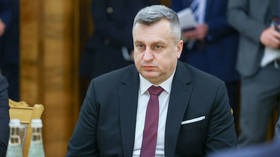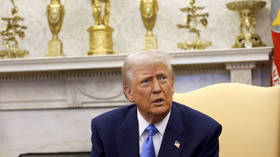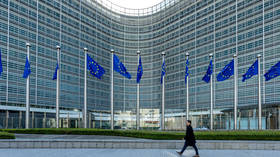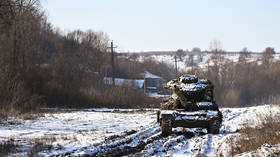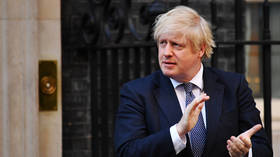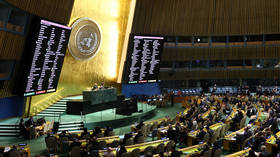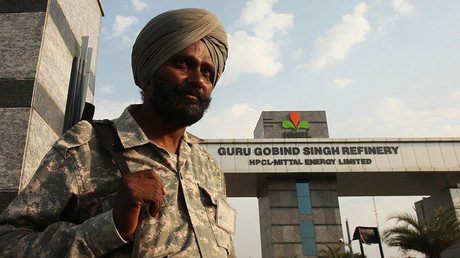Disaster looms over Libyan oil
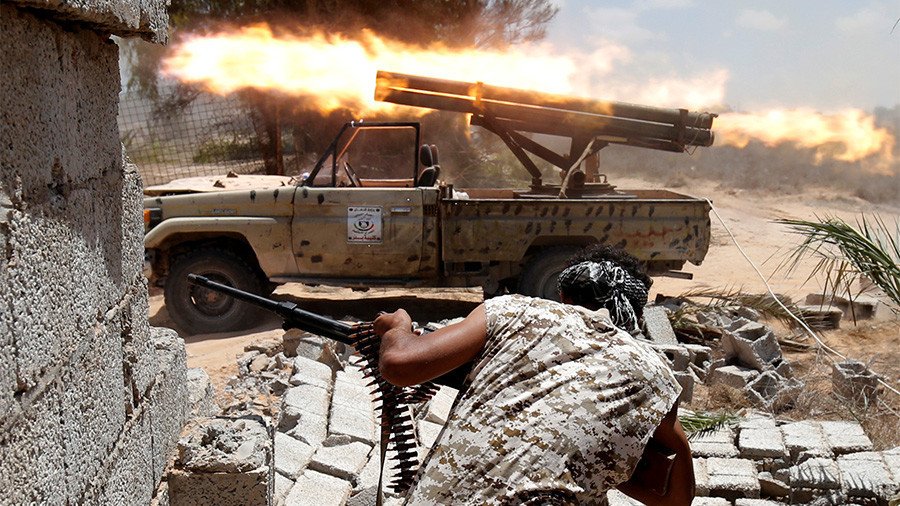
Is General Khalifa Haftar dead or alive? The leader of the Libyan National Army (LNA) disappeared from the public eye earlier this month, and now rumors surrounding his health are beginning to circulate.
Some media reports say he is dead, others insist he is alive. If we are to trust a quote by Libyan Express of the French foreign minister, Haftar is alive and recovering after medical treatment in Paris. Yet, the possibility of him losing his position of power has already fueled fears about the future of Libya and its oil wealth. These fears are very likely to stoke oil prices further.
Haftar’s LNA, affiliated with the eastern Libyan government based in Tobruk and not recognized by the UN, was responsible for the revival of Libya’s oil industry after two years ago it retook the four export terminals in the Oil Crescent from the Petroleum Facilities Guard. The LNA made it possible for the National Oil Corporation to lift the country’s daily production rate to one million barrels and above. That’s up from about 300,000 bpd before the takeover of the terminals.
The task has not been easy, however, and this fact highlights the dangers inherent in what could turn out to be an inflection point for Libyan politics and oil. As one commenter, Tarek Megerisi, said, even if he is alive, Haftar is an elderly man and no certain successor for him at the helm of the LNA has been picked.
Libya’s recovering oil production has been a swing factor for oil prices since 2016. When it was on the rise, prices fell. Yet there were so many outages as various groups vied for attention and money by blockading pipelines and oilfields that prices rose on news from Libya pretty much as often as they fell on reports from the North African nation that sports the largest oil reserves on the continent.
Syria reaffirms preferential contracts for Russian businesses to rebuild war-torn country https://t.co/y7Lg5gMyYYpic.twitter.com/J7Z91Aabn9
— RT (@RT_com) April 16, 2018
In this context, it’s safe to assume the first thing that happens in case Haftar is incapacitated would be a resurgence of rival factions, including extremists that he squashed, seeking to regain lost ground and influence. Those intimately familiar with the situation in Libya such as Megerisi note that the LNA itself is far from a solid, coherent organization. There are internal rivalries as the army is made up of regular military personnel, tribal forces, and various militias. So, the short version of what will happen in case of Haftar’s demise is chaos.
Analysts interviewed by CNBC have suggested that if the LNA gets beheaded, its rivals—and probably parts of it—will rush to the Oil Crescent to secure control over whatever part of the oil producing and exporting infrastructure they can. Production will naturally be disrupted and so will exports, until the dust settles, if ever.
Russian oil producers to make money from China’s yuan-backed crude futures – analysts https://t.co/kAvQsfR4TY
— RT (@RT_com) April 16, 2018
One conservative estimate of the effect of this chaos on oil production from Eurasia Group is for a 200,000-bpd decline. This is an amount substantial enough to push prices higher, especially now that global supply is tightening thanks to OPEC’s efforts, but mostly on the back of Venezuela’s strife. Exactly how high prices will jump is difficult to say, but with a sufficient degree of chaos in Libya, Brent could inch a lot closer to the $80US level that Saudi Arabia now eyes as its preferred price.
Read More on Oilprice.com: The one man who could send oil to $100
And there’s something else. Even if Haftar is alive and indeed well, chaos may resurface. Yesterday media reported that the LNA’s chief of staff survived an assassination attack with a car bomb. Though it is unclear who was behind the attempt, Libya experts believe the LNA is a blink away from internal fragmentation, which will doubtless spread outside the organization and embolden rival groups to make a power grab for the country’s oil.
This article was originally published on Oilprice.com




